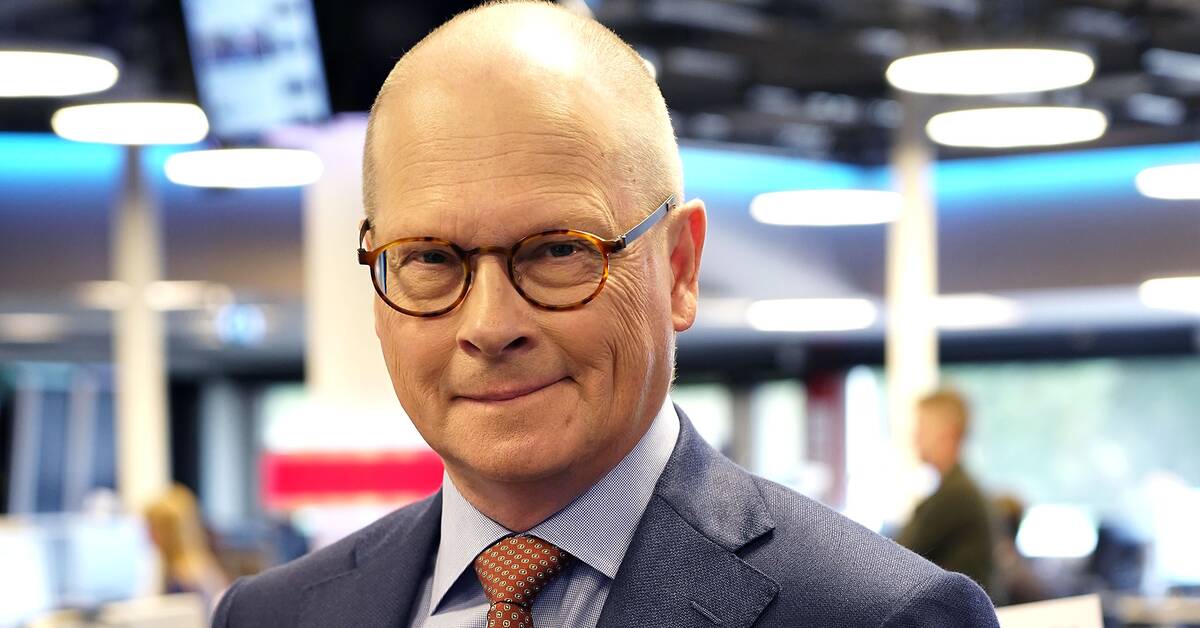The 2022 election year offered drama.
Russia's attack on Ukraine on 24 February also had great significance for Swedish politics.
Russia's actions were perceived as a threat to Sweden as well, which meant that the question of Swedish NATO membership quickly came to the fore.
The Sweden Democrats changed sides on the issue, and although the Social Democrats initially resisted, the party soon chose to do a complete U-turn.
The way was thus open for a NATO application.
The decision means a paradigm shift for Swedish foreign and security policy.
NATO's paragraph on mutual defense guarantees means that Sweden can count on military support in the event of an attack, but also that Sweden is expected to stand up if another NATO country is attacked.
The electricity price hit a record
The war in Ukraine also affected Sweden in other ways.
Already high energy prices shot up even further.
The price of electricity hit a record, as did the price of petrol and diesel.
This created concern in broad voter groups and became an important issue in the election campaign.
Rising food prices and increased interest rates also helped bring the wallet issues into the election campaign.
After the election, a betrayal debate arose when the new government did not lower petrol and diesel prices that the parties had talked about in the election campaign.
The electricity price support also did not come into place on November 1, but will probably start to be paid out in February.
The murder in Visby
The murder of the psychiatry coordinator Ing-Marie Wieselgren in Visby meant that the political debate came to a screeching halt during Almedal Week.
A murder that risks curtailing openness even further in Sweden.
Not least when it turned out afterwards that the killer also planned to attack center leader Annie Lööf.
The choice is a nail biter
During the election night, it first looked like Magdalena Andersson's government alternative would take home the victory, but during the evening the balance tipped over in Ulf Kristersson's favor.
When all the votes were counted a few days later, Kristersson's team had received 176 of the Riksdag's 349 mandates.
This put an end to eight years of S-led governments and the change of power was a fact.
The Sweden Democrats became the second largest party in the Riksdag and could for the first time become part of a government foundation.
However, there were no ministerial posts, instead SD was compensated politically in the so-called Tidö agreement.
Success for SD
The Tidö agreement is undoubtedly a great success for SD.
Large parts of the party's migration policy must now be implemented, with the aim of reducing the number of asylum seekers in Sweden.
Criminal policy will also be tightened on a number of points.
The new opposition has already criticized various parts of the proposed changes, not least when it comes to migration policy.
The question, however, is how the Social Democrats will stand when the concrete proposals are presented in the Riksdag.
The party hopes to win back the voters who left for SD in the election.
The autumn's budget processing in the Riksdag proceeded without drama, which has not been the norm in recent years.
The reason, of course, is the government's majority in the Riksdag.
Therefore, it will be a main challenge going forward for Ulf Kristersson to keep his government base together.

